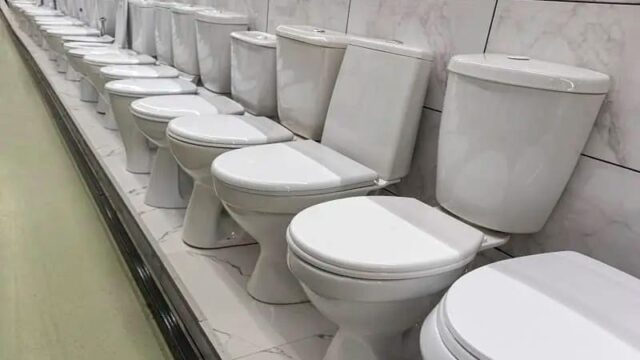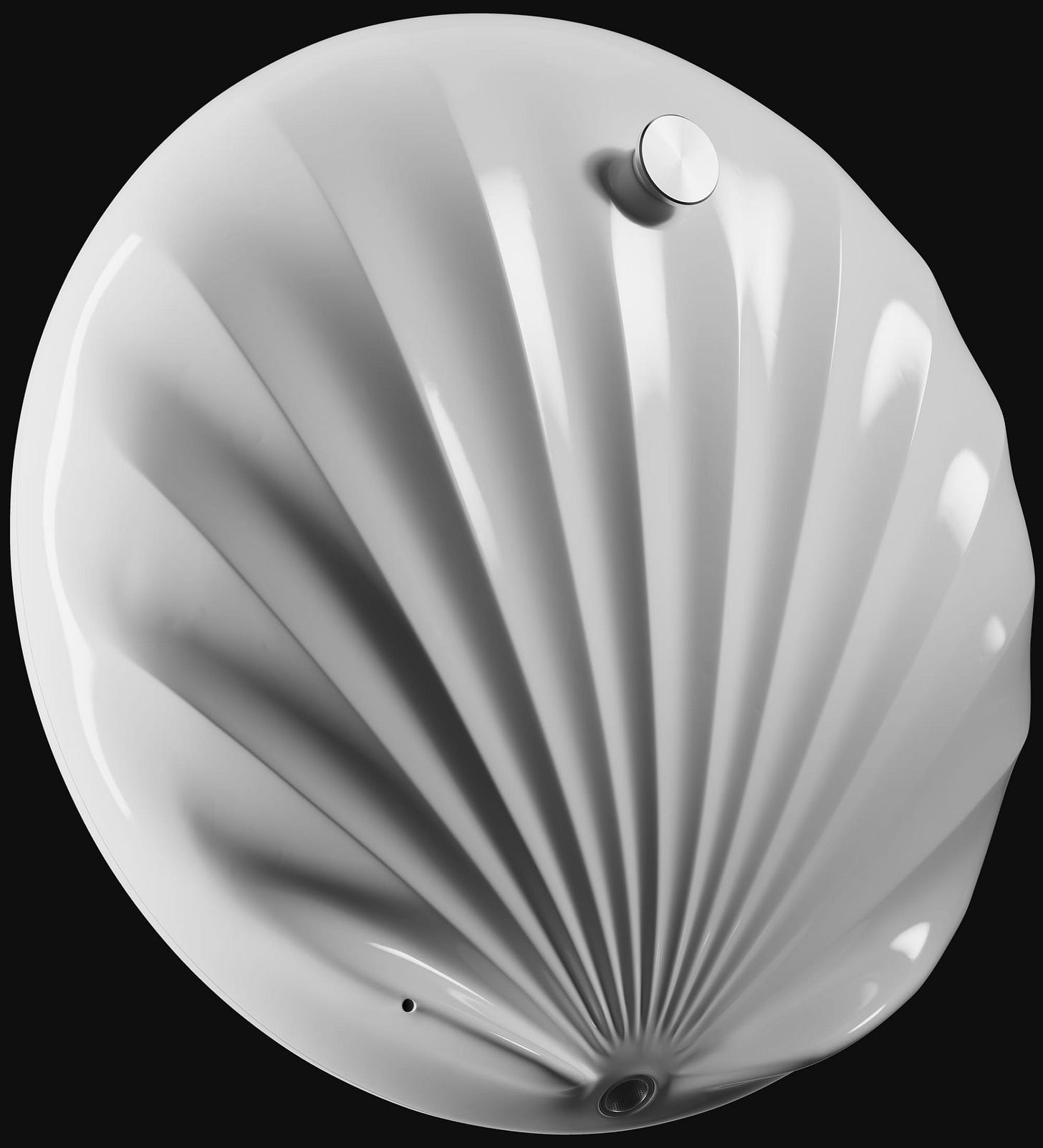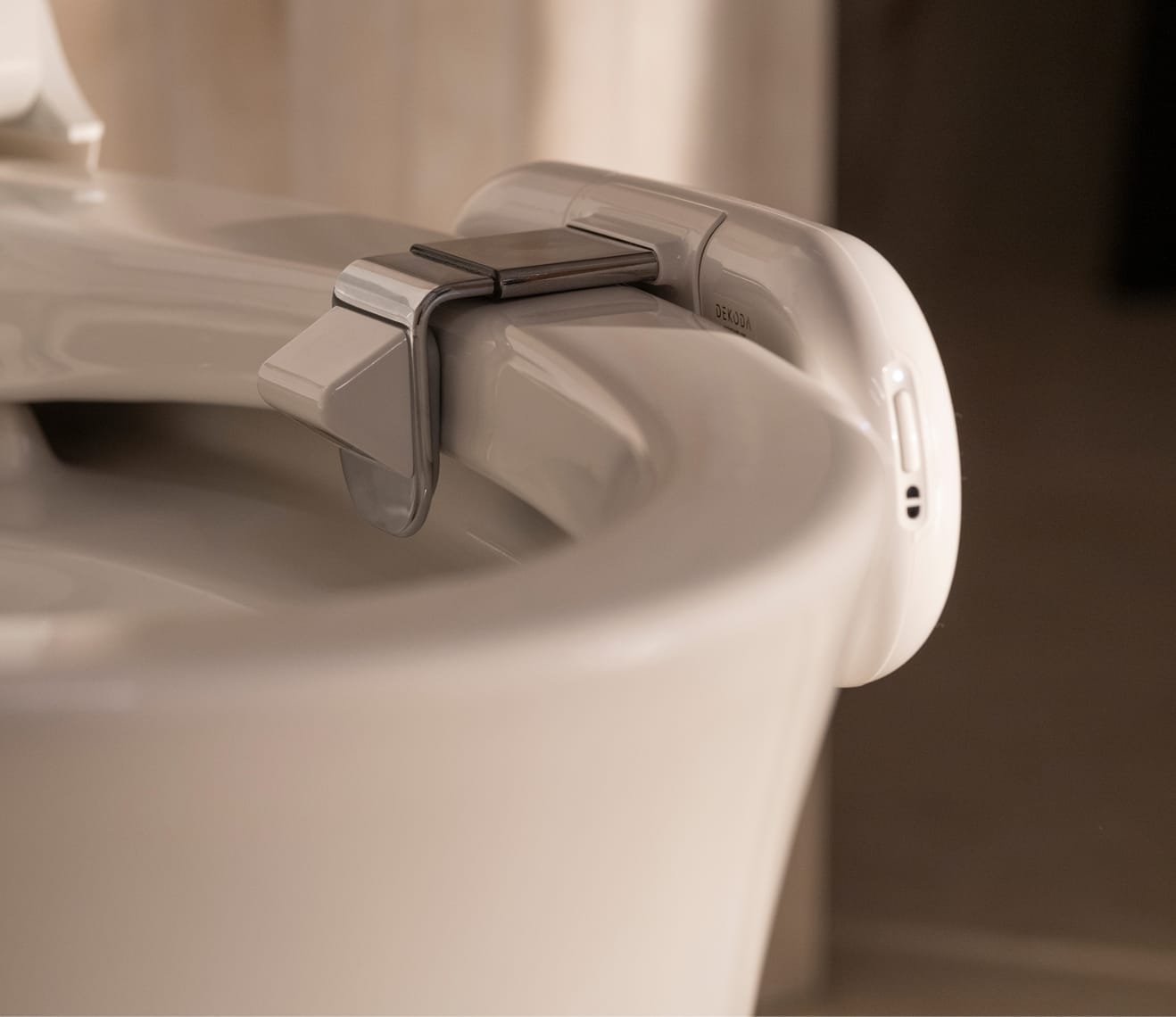Toilet Bowl Wars: The Next Frontier in the Attack on Privacy

Companies like Kohler and Withings are marketing devices that install in your toilet to track various health metrics. Withings first announced its U-Scan “ecosystem” at the Consumer Electronics Show two years ago and launched them in the US and Europe this week. Two different cartridges inside the seashell-shaped device allow users to monitor their health and nutrition by measuring urinary biomarkers such as hydration, ketones, vitamin C, and calcium levels.

Kohler’s Dekoda, on the other hand, uses a camera to analyze your poop. The $599 clip-on camera stares into your toilet bowl and provides insights about gut health and hydration, even alerting users when it may have found blood in water or stool.
While Kohler carefully reminds you that the camera only points downward, making it impossible to photograph your private parts, once your toilet identifies you, there’s no pretending privacy still lives in your home.

The pitch is seductive: effortless tracking, early warning, personalized insight. But this is where wellness and surveillance finally merge. A camera inside your toilet — even one “facing away from users” — is infrastructure for continuous monitoring and behavioral prediction and normalizing of constant surveillance of every single facet of our lives. With this, nothing is sacred anymore.
Then there’s the legal fine print and the host of questions this tech raises.
Kohler says the images it captures are encrypted, but where are they processed? Who owns the model that interprets your stool? Can the cameras be hacked and turned to face towards users? Will insurers, employers, or governments eventually get access to “anonymized” gut signatures? Will your stool eventually rat you out by telling the algorithm when you’re stressed, pregnant, depressed, or lying?
The bathroom was once the last unmediated space left in the modern ‘smart’ home. When that goes, there’s nowhere left to retreat from the gaze — not even in your most private act.
And here’s a truth medicine once understood, a truth worth reclaiming before we surrender it to the algorithm:
From a medical perspective, it isn’t worth paying attention to 1) things that have no consequence, 2) things that are consequential but beyond our control, or 3) things that we can intervene in only by causing more harm than the problem itself.
So maybe the most radical act of health left is knowing when to leave our bodies alone — and when to stop collecting the data.
https://www.collapselife.com/p/toilet-bowl-wars-the-next-frontier
